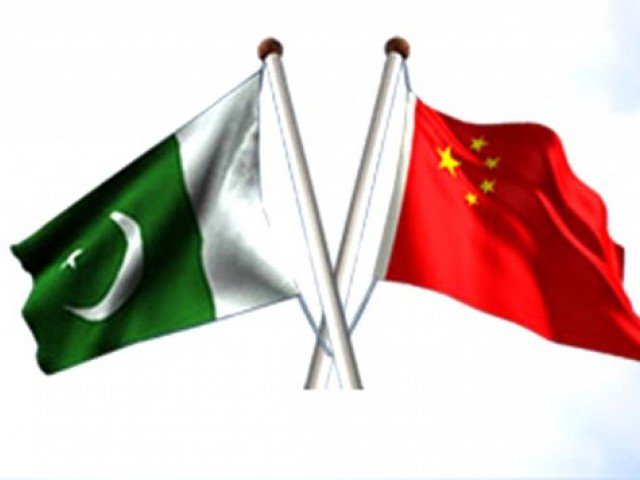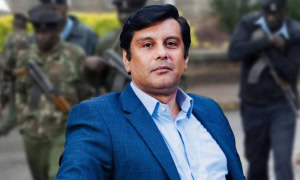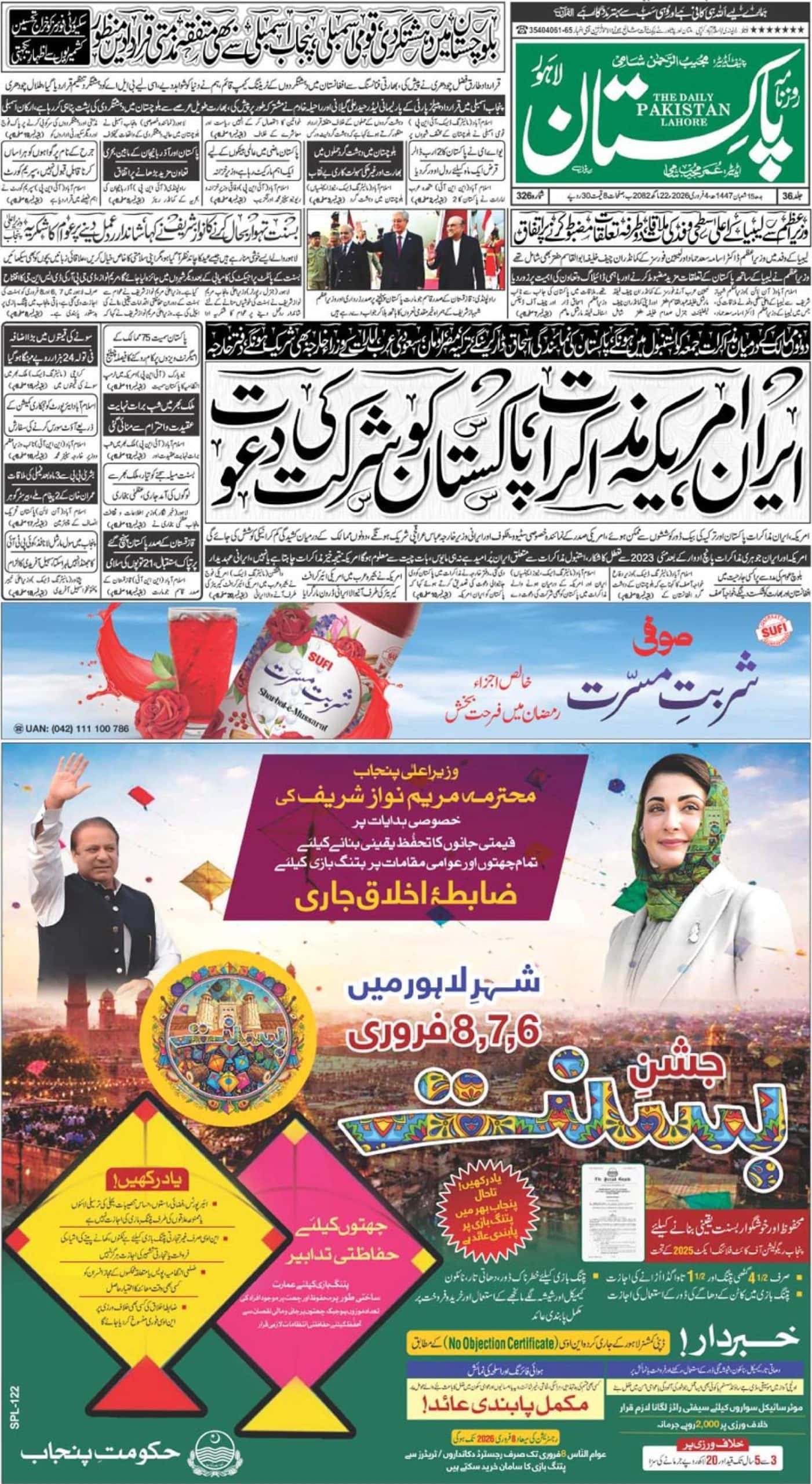Looking from an outsider’s perspective, the Party Congresses of the Communist Party of China (CPC) are important in more ways than one. First, these congresses give a clear message that, despite being a single-party state, China has a political process and cycle of its own. This process / cycle combines continuity and change, which is rarely seen in other political systems around the world. Continuity means that by and large the thrust and direction of the national and state policies remain the same (in addition to ideological drivers), but change and adjustment is introduced where it is felt to be necessary. More important in this regard is the continuous process of ‘continuity and change’ in the political leadership – at the top and ‘just-below-the-top’ levels. Some member of Politburo and its powerful standing committee are retired and replaced, which means that change is gradual and planned, and this does not translate into any major upheaval at the national / state level in terms of policies and considerations. Shortcomings of the single-party system notwithstanding, this process is a strength for the country and the nation in itself.
This coming party congress, to open on October 18, assumes special significance because it is an occasion for the Chinese/CPC top leadership to take comprehensive stock of China’s biggest ever international engagement in the form of the ‘One Belt, One Road’ (OBOR) initiative. It becomes an occasion to delve deep into the successes and failures, gains and losses, strengths and weaknesses, and the opportunities and challenges of this historic mega-development drive having global linkages and wide-ranging implications for China’s own future, its place as a major power in the community of nations, and how OBOR (or ‘Belt and Road Initiative – BRI) has contributed towards the ‘Chinese Dream’. What is to be continued, what is to be adjusted, and how is it to be actually adjusted where required, would also become important questions in this context for CPC leadership in the congress.
What does this party congress have in its fold? Answering this question is not a straightforward job because in case of every such congress, there are some constants (things that happen as a routine, regular process) and some surprises (something only a handful of people can see coming). It is being widely discussed inside and outside China that, while President Xi and Premier Li will keep their respective positions, almost all the remaining five members of the seven-member Standing Committee of the Politburo are on their way out. As an observer of China myself, I see only one thing that is certain: President Xi’s own continuity at the helm of affairs. Everything else, including the continuity of the premier, are ‘expectations’.
Looking in the light of China’s present-day internal and external state-of-affairs, a leader in place of president Xi would surely like continuity, appointment or promotion of lieutenants that not only agree to his domestic and global vision, but are also capable enough as well as acceptable enough within the party ranks, for the seamless movement of his initiatives both on the internal and external front. He would also like to further cement his position as the ‘core leader’, and one should not be surprised if the Congress comes up with even a whole new phrase or title to describe his image.
From the perspective of an international observer, it becomes a point to ponder whether the present enthusiasm attached with BRI can actually be sustained, and more importantly, would it actually outlive Xi’s second term in office? In my humble view, it is hardly possible for the initiatives of the scale of BRI to bear tangible fruits and show clear results within a span of only five, or even ten years. It definitely needs more time.
In this scenario, there can be two options in front of the present party / Chinese leadership: the first, that President Xi continues for more than the two usual terms (the third term at the helm of affairs may not necessarily be with the same title, i.e., President); the second, that if the party or leadership decides to stick to the two-term unwritten rule, it would be needed to groom the next generation of leaders who can sustain the vision as well as the vigor of BRI and are also capable of transforming the initiative with changing domestic and international ground realities. This congress will have to lay the foundation for preparation of the party itself, and beyond that of the nation, for whatever is the dominant of these two options, in my view.
From a Pakistani perspective, the following questions become important:
What will be the actual change in the leadership and what will be the new leadership’s considerations and policy preferences towards Pakistan in general and CPEC in particular? How would the new leaders attempt to balance China’s engagement with other regional countries specially India vis-à-vis relationship with Pakistan? Finally, how will Chinese policies of dealing with issues concerning Pakistan actually evolve on international / multilateral forums?
The overall assessment, from a Pakistani perspective, about Beijing’s future approach towards Islamabad remains positive. However, it cannot be ignored that China is now in the process of giving the reins of power in the hands of those new leaders who have had little or no exposure to Pakistan’s positive role for China’s international status (1960s and 70s); they have different international priorities and preferences as they wish to involve themselves more with countries that may not necessarily have an approving / positive approach towards Pakistan, China or the relations between the two countries.
Nonetheless, CPEC being the flagship initiative within OBOR, China has developed more stakes in Pakistan, and the overall plan and contours of CPEC would hardly change even if a whole new bunch of leaders assumes defining roles in China, which is unlikely. What is less clear and yet to be seen is how China’s leaders emerge at the top as a result of this Congress and how this would prioritize the future terms of their country’s relationship with Pakistan, including the CPEC.
Let us hope that the mutually win-win trajectory of bilateral relations between Pakistan and China and special focus on early and successful completion of CPEC stays intact.














